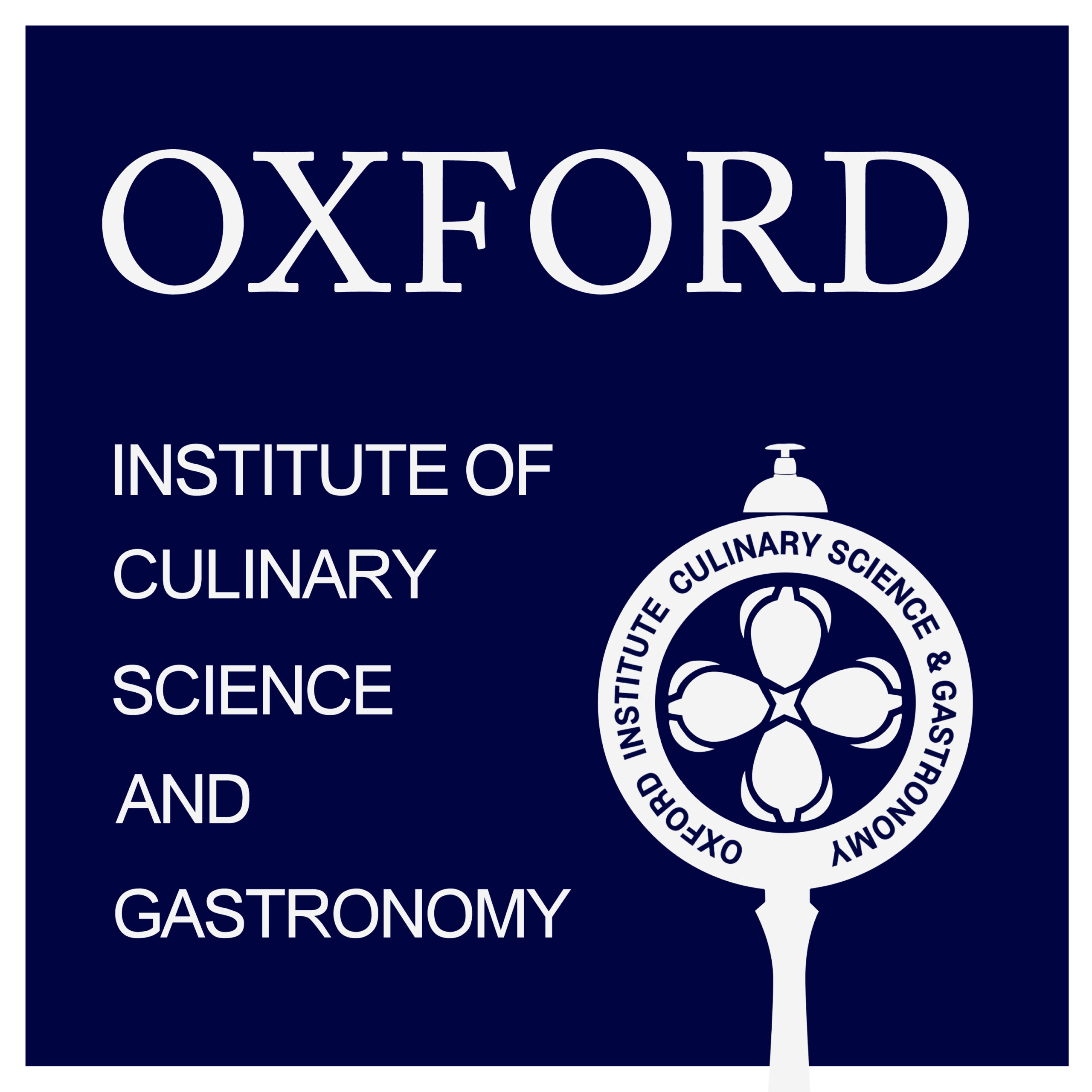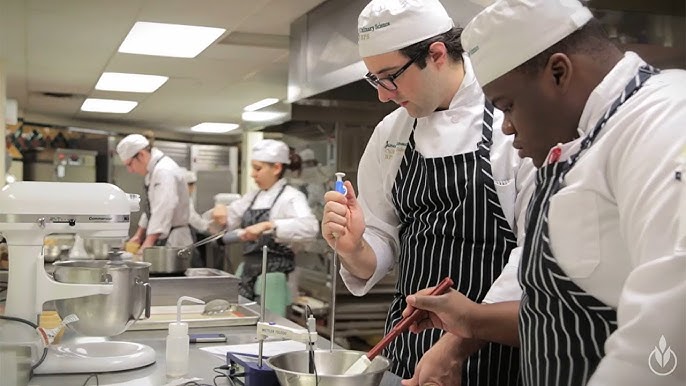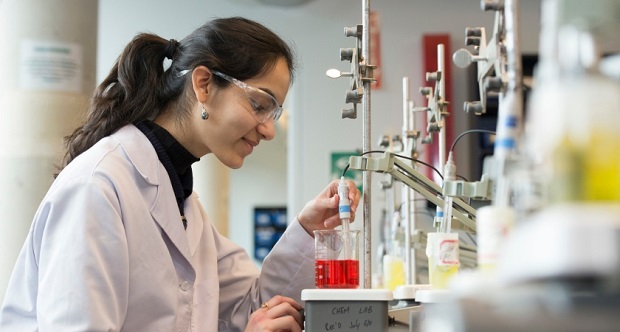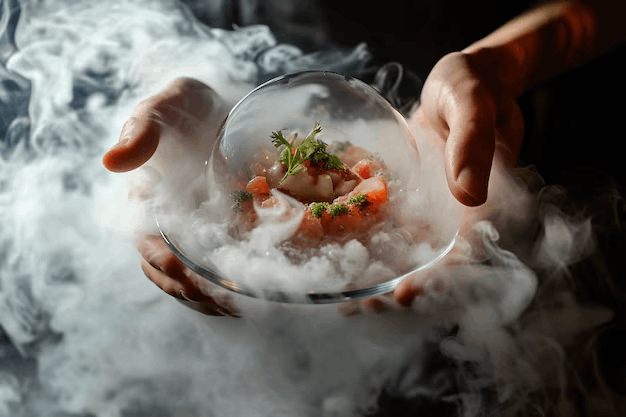Master of Culinary Science (Leadership)
Oxford Institute of Culinary Science & Gastronomy – Year Four Curriculum
Program Introduction
The fourth and final year of the culinary science program culminates in an immersive, research-driven, and leadership-focused experience. Designed for future culinary scholars, innovators, and industry pioneers, this Master’s-level curriculum empowers students to conduct original research, publish findings, and influence food systems and policies at global levels.
| Section | Description |
| Program Title | Master of Culinary Science |
| Duration | 2 Terms (6 months total: 3 months theory + 3 months thesis/project) |
| Format | Blended (Advanced Seminars + International Residency + Research Thesis) |
| Level | Year 4 / Master |
| Certificate Awarded | Master of Culinary Science from Oxford Institute |
| Outcome | Eligible for Doctoral Study, Global Consultancy, or Executive Leadership |
Graduates will complete a capstone research initiative, collaborate with thought leaders or culinary labs, and build a strong portfolio demonstrating readiness for leadership roles or graduate study.
Duration: 12 Weeks
Weekly Modules:
| Week | Module Title | Topics Covered |
| 1 | Research Philosophy & Methodology | Epistemology, theoretical frameworks, culinary epistemics |
| 2 | Global Food Policy & Governance | UN food systems, WTO, food security, global trade |
| 3 | Innovation Strategy & Foresight | Future mapping, trend forecasting, scenario planning |
| 4 | Scientific Integrity & Academic Publishing | Ethics, peer review navigation, publishing standards |
| 5 | Culinary Biotechnology & Emerging Science | CRISPR, fermentation science, AI in food R&D |
| 6 | Interdisciplinary Lab Collaboration | Multi-field lab practices, transdisciplinary problem-solving |
| 7 | Data Ethics & Culinary AI | Machine learning models, bias, human-AI interfaces in food design |
| 8 | Advanced Communication for Impact | Policy briefs, public science writing, media interaction |
| 9 | Thesis Development Workshop I | Research proposal refinement, faculty feedback |
| 10 | Thesis Development Workshop II | Field methods, IRB submission, literature review audit |
| 11 | Leadership in Research & Teaching | Academic mentorship, curriculum building, project supervision skills |
| 12 | Final Presentation & Review | Proposal defense, publication roadmap, thesis contract sign-off |
Learning Outcomes:
-
Develop original research proposals and navigate advanced methodology
-
Understand global food governance structures and strategic foresight tools
-
Engage in interdisciplinary collaborations that solve complex food problems
-
Prepare to publish, teach, and lead at the highest academic and industry levels
Duration: 12–14 Weeks
Global Residency / External Immersion:
-
Duration: 2–4 weeks minimum
-
Location: International partner institutions, NGOs, policy hubs, innovation centers
-
Activities: Data collection, stakeholder interviews, advisory meetings
Master Thesis & Defense:
| Component | Description |
| Research Focus | Original topic addressing global or systemic culinary science challenges |
| Thesis Length | 8000–12000 words with citations, graphs, visuals, and proposed solutions |
| Oral Defense | 45-minute presentation with expert panel critique and debate |
| Publication Goal | Eligible for submission to indexed journals and academic repositories |
| Public Showcase | Featured at Oxford Culinary Science Annual Innovation Summit |
Term 2 Learning Outcomes:
-
Execute an original contribution to the field of culinary science
-
Engage in global contexts and policy discussions impacting food systems
-
Defend complex research and advocate solutions for real-world issues
Final Certification (Year 4)
-
Master of Culinary Science
-
Transcript with academic, field, and publication record
-
Thesis Completion Certificate + Oral Defense Letter
-
Recommendation for PhD Track or Executive Placement



